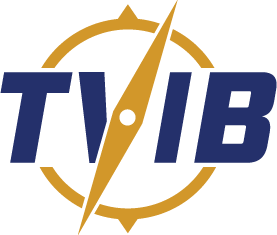TVIB: Drydock/Internal Structural Examination Course Registration
Registration for the IN PERSON Drydock/Internal Structural Examination course remains open with limited seats available. The 3 day course will be held in person at Hines Furlong Line in Paducah, KY August 17-19, 2021.
The course provides surveyors who plan to conduct Subchapter M drydock and internal structural examinations of inspected towing vessels with the tools, skills and knowledge to complete these examinations, and provides a path toward an industry-recognized credential.
Course Fee:
Non-Members: $1275
TVIB Members: $975*
*TVIB members receive a discount on TVIB courses.
USCG: Federal Register Notice: Proposed distribution of scheduled Navigation Safety Messages (Broadcast Notice to Mariners) by mobile and internet methods
Published 07/15/2021
In 2020, the Coast Guard began making broadcast notices to mariners containing locally relevant information accessible by mobile devices and the internet. Previously, the only way to obtain this information in a timely fashion was to tune in to local Coast Guard broadcasts that take place on very high frequency (VHF) marine radio two or more times per day. The new methods of information delivery have included Rich Site Summary, also known as Really Simple Syndication (RSS) feeds, email, and other means such as map-based filtering. The Coast Guard has received public feedback indicating that mariners prefer the real-time accessibility of mobile and internet access to this information over scheduled VHF broadcasts, because access is more timely, reliable, convenient, and customizable. Also, some mariners have reported that VHF broadcast notice to mariners are bothersome, because they are perceived as unnecessary radio clutter that can be distracting when maneuvering along a dock, in ports or other areas of congested traffic. The Coast Guard is considering phasing out the process of distributing this information by routine VHF radio broadcasts, and is seeking public comment.
DATES:
Comments must be submitted to the online docket via https://www.regulations.gov on or before August 16, 2021.
FOR FURTHER INFORMATION CONTACT:
For information about this document, please call or email Eugene Diotalevi, Coast Guard Navigation Center; telephone: 703-313-5800; email: Eugene.j.diotalevi@uscg.mil.
